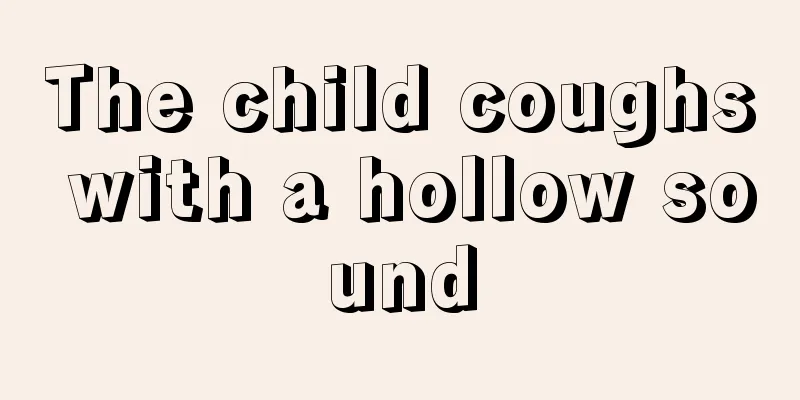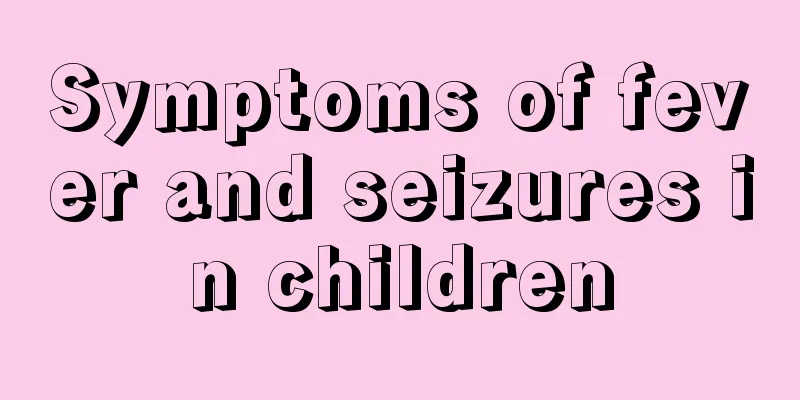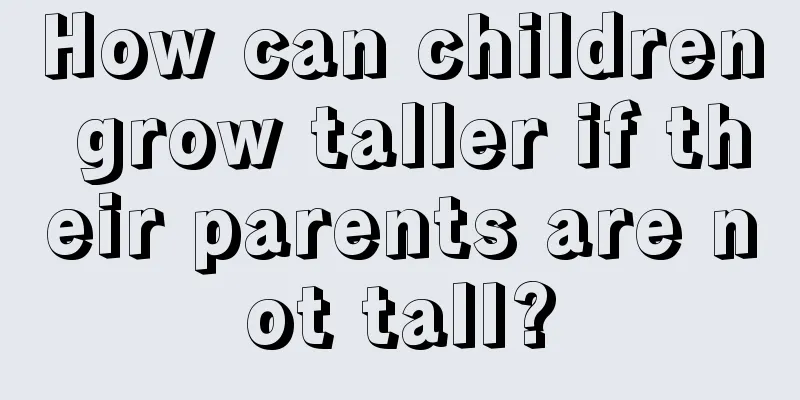The child coughs with a hollow sound

|
The growth of children is what parents care about most. They all hope that their children can develop healthily, but various abnormalities can easily occur. Many parents have encountered the situation where their children cough with a hollow sound. This is acute laryngitis. Parents can first understand the situation of acute laryngitis, and then make a comprehensive judgment based on the child's situation. If you are uncertain, go to the hospital for diagnosis and treatment in time, and don't delay. The disease is characterized by acute onset and rapid development. It mostly occurs in late autumn or winter and spring, especially when the climate in the north is cold. Babies are at high risk of laryngitis, and their condition is more serious when they get sick. Some are even life-threatening. Babies experience more severe breathing difficulties than adults. Parents must have some understanding of acute laryngitis! Acute laryngitis is a respiratory emergency and there are 7 reasons why it is dangerous 1. The baby's laryngeal cavity is small, only 1/5 of that of an adult. When suffering from laryngitis, the laryngeal mucosa swells, making the laryngeal cavity even smaller, which can easily lead to obstruction of the glottis and cause breathing difficulties. 2. The baby's laryngeal cartilage, which serves as the support of the larynx, is relatively soft, and the mucosa is not tightly attached to the submucosa. Therefore, when there is inflammation, the swelling of the mucosa is more obvious, which becomes a cause of breathing difficulties. 3. The baby has abundant lymphatic tissue. Similarly, the submucosal lymphatic tissue and glandular tissue of the larynx are also abundant. When inflammation occurs, the lymphatic tissue proliferates actively and the glandular secretion increases, which aggravates the swelling of the mucosa and significantly narrows the laryngeal cavity, causing breathing difficulties. 4. When suffering from laryngitis, the secretions in the throat and trachea will increase, and the baby's coughing function is poor, so the secretions are not easy to be discharged. In addition to swelling of the throat, the blockage caused by increased secretions can also cause breathing difficulties. 5. Babies’ resistance and immunity to infection are not as strong as those of adults, so the inflammatory response is more severe and the degree of breathing difficulties is also more serious. 6. The baby's nervous system is not fully developed and is prone to laryngeal spasm. Laryngeal spasm can not only cause laryngeal obstruction, but also aggravate mucosal congestion, causing the laryngeal cavity to become narrower and breathing difficulties to become more obvious. 7. The baby has a small lung capacity and poor compensatory ability. After laryngitis occurs, the effective gas exchange volume decreases, so the baby is very prone to hypoxia and has difficulty breathing. |
<<: What should I do if my baby doesn't have enough milk and doesn't want to eat milk powder?
>>: Why does the baby hum when feeding?
Recommend
How to treat hunchback in children?
Hunchback has become a common phenomenon among ch...
How to treat prickly heat in children?
Prickly heat in children is a relatively common p...
What are the symptoms of mycoplasma infection in children?
After the microorganism Mycoplasma enters the hum...
One and a half month old baby's development
When the baby is growing and developing, each sta...
What is the cause of myopia in primary school students?
Nowadays, many primary school students suffer fro...
What are the characteristics of bronchial asthma cough in children?
It can be said that asthma is an incurable diseas...
How many times does a newborn baby breathe?
The physical health of a newborn is what the fami...
These few words from parents actually affect their children's lives!
In the process of children's growth, what the...
Babies get angry after drinking glucose
Glucose has many uses. Many people buy glucose po...
Surgery for cerebral palsy in children and other treatments
I believe many people should know about cerebral ...
Reasons for children sweating while sleeping
Many parents find that their children are always ...
What happens if you hit a child on the face often?
I believe everyone knows the principle of not exp...
What is the reason for the baby's soft bones
Babies are young and are prone to various problem...
What happens if I get a vaccination for jaundice?
Neonatal jaundice is a very common disease. Almos...
What to do if neonatal jaundice persists
Many children suffer from jaundice when they are ...









